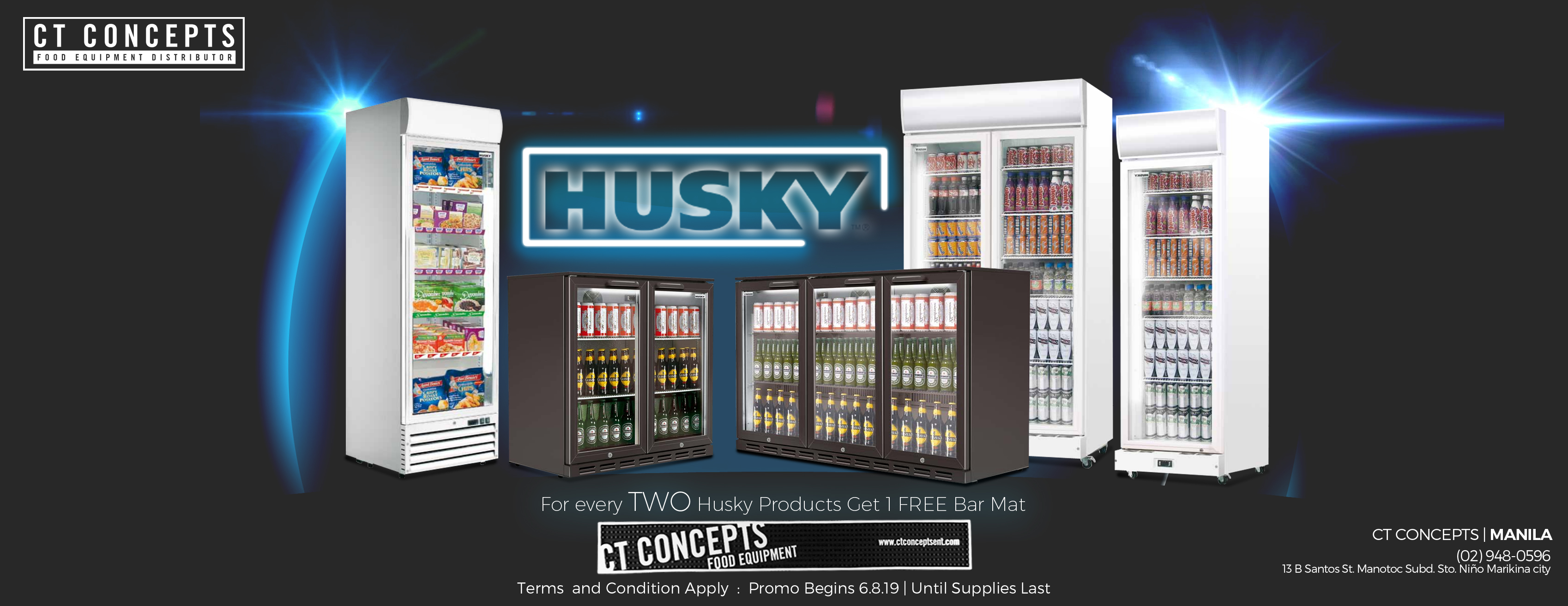Innovations in Japan’s Vending Machines
Japan has the highest number of vending machines per capita, with about one machine for every twenty-three people.[10] Japan’s high population density, relatively high cost of labor, limited space, preference for shopping on foot or by bicycle, and low rates of vandalism and petty crime, provide a fertile environment for vending machines. While the majority of machines in Japan are stocked with drinks, snacks, and cigarettes, one occasionally finds vending machines selling items such as bottles of liquor, cans of beer, fried food, underwear, iPods, porn magazines, sexual lubricants, live lobsters, fresh meat, eggs and potted plants.[11] The practice of “vendo“, is lingering around the vending machine to drink in groups.
The first vending machine in Japan was made of wood and sold postage stamps and post cards. About 80 years ago, there were vending machines that sold sweets called “Glico“. In 1967, the 100-yen coin was distributed for the first time, and vending machine sales skyrocketed overnight,[citation needed] selling a variety of items everywhere.
In Japan, vending machines are known as 自動販売機 (jidō-hanbaiki) from jidō, or “automatic”; hanbai, or “vending”; and ki, or “machine”, 自販機 (jihanki) for short. Vending machines are also commonly used in casual restaurants to sell meal tickets, similar to automats: one purchases a meal ticket from a vending machine, then presents the ticket to a server, who then prepares and serves the meal. These are referred to as 食券機 (shokkenki, “food ticket machine”); .
In 1999, the estimated 5.6 million coin- and card-operated Japanese vending machines generated $53.28 billion in sales. Vending machine goods and services can cost as little as 50 and as much as 3,000 yen.
With the introduction to services such as “Osaifu-Keitai“, cell phones can now be used to pay for the items bought from these vending machines more easily.
In 2008, a smart card called taspo was implemented in the majority of tobacco vending machines across the country to restrict sales of cigarettes from them. From such machines cigarette purchases may only be made by those in possession of the card, which is issued to adult applicants (which in the case of Japan, is 20 years of age). The card is held up to a sensor after money is inserted into the machine. Some beer vending machines also require age verification.



